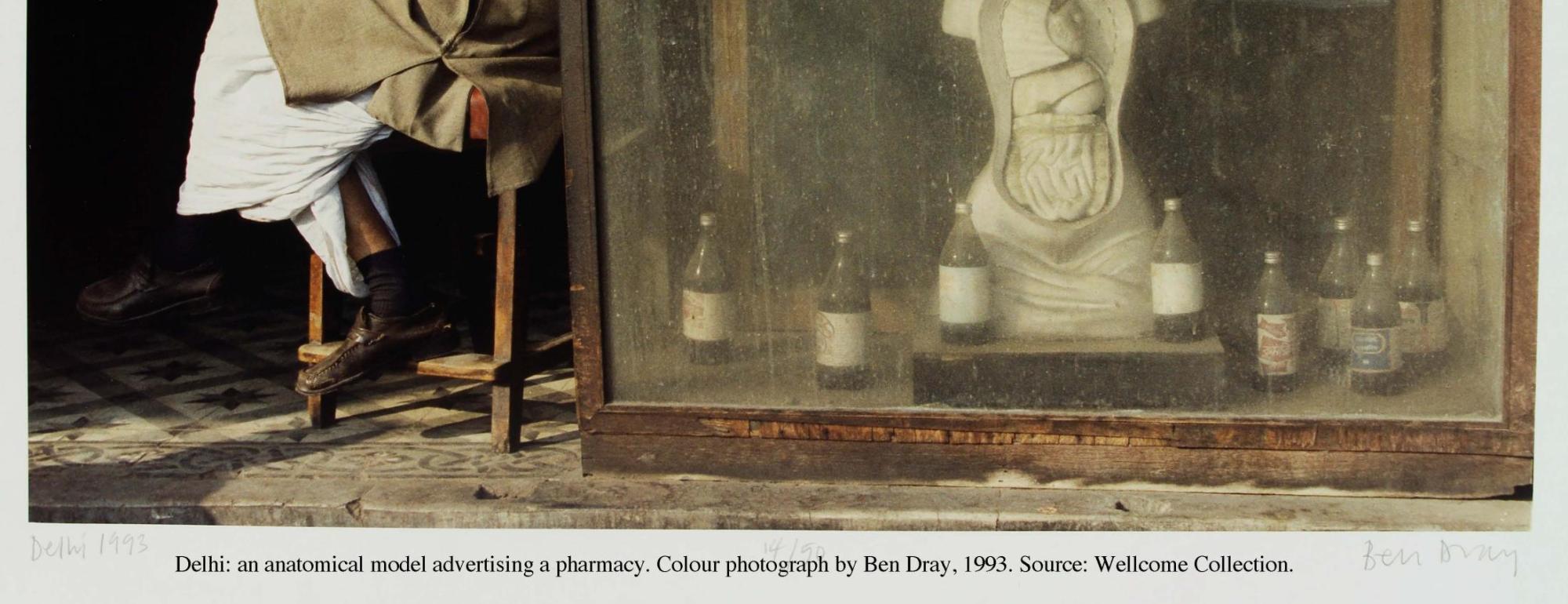Medical Humanities is a growing field within undergraduate education that connects the big questions and analytic tools of the Humanities and Social Sciences with Pre-med Education. The goal of training in the medical humanities is to foster critical and analytic engagement and, in keeping with the values of the humanities and the humanistic social sciences, encourage students to cultivate an awareness of their own cultural preconceptions and a sense of the variety and complexity of human cultures.
Through a series of interdisciplinary courses, the Medical Humanities minor at UC Davis introduces students to the complexities of medicine, health, and sickness in the context of history, society, and culture. The courses for the minor focus on context in the sense of exploring the economic, social, political, and cross-cultural questions that form experiences of health and illness. In terms of experience, courses help explain what health and sickness feel like for individual people and what community wide health problems mean to the people affected. All of the courses involve critical and conceptual analyses that take on big questions such as: What does it mean to suffer? How should we care for the sick? What is the role of technology in caring for people? How have ideas about disease changed over time? How are diseases understood in different cultures? Finally, in terms of professional formation, we include courses that help students cultivate self-awareness in the sense of both the ability to empathize with other people while maintaining clarity about one's own limitations that comes with cultural humility.
Image: Delhi: an anatomical model advertising a pharmacy. Colour photograph by Ben Dray, 1993. Source: Wellcome Collection.

